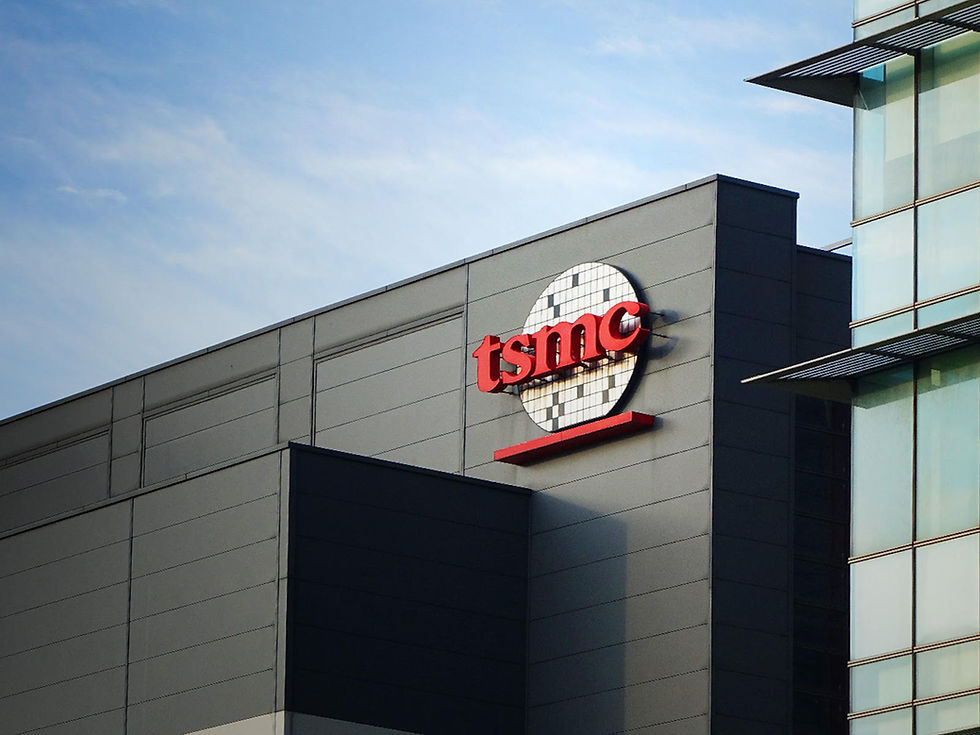Major EV Battery Manufacturers and Their Expansion Plans for the Future
- Lawrence Ng
- Oct 9, 2021
- 4 min read
Car sales around the world seem to have mostly recovered to pre-pandemic levels this year despite the effect of the COVID-19 pandemic and semiconductor shortage on the automaking industry.

Statista reports that global car sales went up by as much as 7.6 million units since 2020, when car sales sat at 63.8 million units due to the economic impact the COVID-19 pandemic had at the time. In comparison, global car sales in 2019 were at around 74 million units. This increase in car sales may be partly due to the rising popularity of electric vehicles in many countries around the world. For instance, Singapore and the United States are incentivising its citizens to convince them to purchase EVs with rebates, lowering the actual cost of the vehicle once purchased.
Automakers have also promised they will be transitioning from creating ICE vehicles to EVs. Honda Motor Company, for example, promised in April 2021 that it will strive to only sell battery-electric vehicles and fuel cell electric vehicles by 2040. The company's fellow Japanese automaker, Toyota Motor Company, while not as convinced that phasing out ICE vehicles is a good idea in the long term, is committed to introducing a full line-up of electrified vehicles by 2025, along with achieving carbon neutrality by 2050.
Western automakers are also into the idea of transiting to manufacturing EVs. For instance, Ford Motor Company announced in May 2021 that it is investing US$22 billion in electrification through 2025 as part of its plan to lead electrification in areas of strength. The company's plan consists of electrifying its most iconic products like the Ford Mustang, F-150 and Transit in the years to come, in addition to offering zero emissions of its most popular vehicles. Meanwhile, General Motors announced in late January 2021 that it plans to manufacture EVs exclusively by 2035 while also becoming carbon neutral by 2040.
This transition of automakers from making ICE vehicles to EVs and incentivising governments to buy and use EVs is the effect of various governments pledging carbon neutrality in the future in recognition of the Sustainable Development Goals (SDG) of the United Nations (UN).
Infographics on Goals 12 and 13 of the UN's Sustainable Development Goals. Credit: United Nations
The SDG is the UN's call for global partnership to end poverty, improve health and education, reduce inequality and facilitate economic growth while tackling climate change and the environment's preservation. The goals consist of 17 objectives that will tackle the previously mentioned objectives. Two of these goals, the 12th and the 13th, are directly linked to convincing governments worldwide to become carbon neutral in the foreseeable future.
It is these two main factors that lead EV battery manufacturers to expand their operations in the future.
Major EV battery manufacturers LG Energy Solution, Samsung SDI, Panasonic Corporation, and CATL have announced they will be expanding their battery manufacturing operations to answer the rising demand for EVs better worldwide.

LG Energy Solution announced in March 2021 that it would be investing more than US$4.5 billion to further expand its U.S. business by 2025 as part of its Green Field Project. The new investment will give an additional 70GWh of batteries for a total production capacity of over 110 GWh of batteries in the U.S. alone.
The company has partnered with Hyundai Motor Group to build an EV battery cell plant in Karawang, Indonesia, which will begin production in 2024 with an annual capacity of 10 GWh worth of battery cells. The plant will serve as a source of EV batteries for Hyundai and Kia at a competitive price for upcoming EVs.
Samsung SDI, on the other hand, was reported to have been considering building an EV battery plant in Normal, Illinois. Rivian, an EV startup backed by Amazon, said that Samsung SDI would supply battery cells for its vehicles.

Panasonic, in March 2018, begun mass production of prismatic-type automotive lithium-ion batteries at its EV battery factory in Dalian, China. The batteries produced there were shipped to its North American and Chinese markets.
More recently, in November 2020, Panasonic signed a preliminary agreement with Equinor, a Nordic energy company, and Norsk Hydro, an engineering and industrial company, to build an EV battery factory in Norway. However, the company did not disclose further details since the agreement was signed.
Additionally, Panasonic is working on testing a prototype production line of Tesla's 4680 cells, which resemble small aluminium cans, for tests to see if the battery can be mass-produced.
Finally, China's Contemporary Amperex Technology Ltd. (CATL) said in June 2021 that it is planning to establish a new EV battery factory in Shanghai, putting it close to one of its EV partners, Tesla, Inc. The company added that it hopes to expand its relationship with Tesla to become its biggest supplier.
The company also said in August 2021 that it was planning a private share placement worth up to US$8.98 billion to fund six projects that would boost its production capacity of lithium-ion batteries around China as well as in Germany and Japan.
Written by John Paul Joaquin









Comments